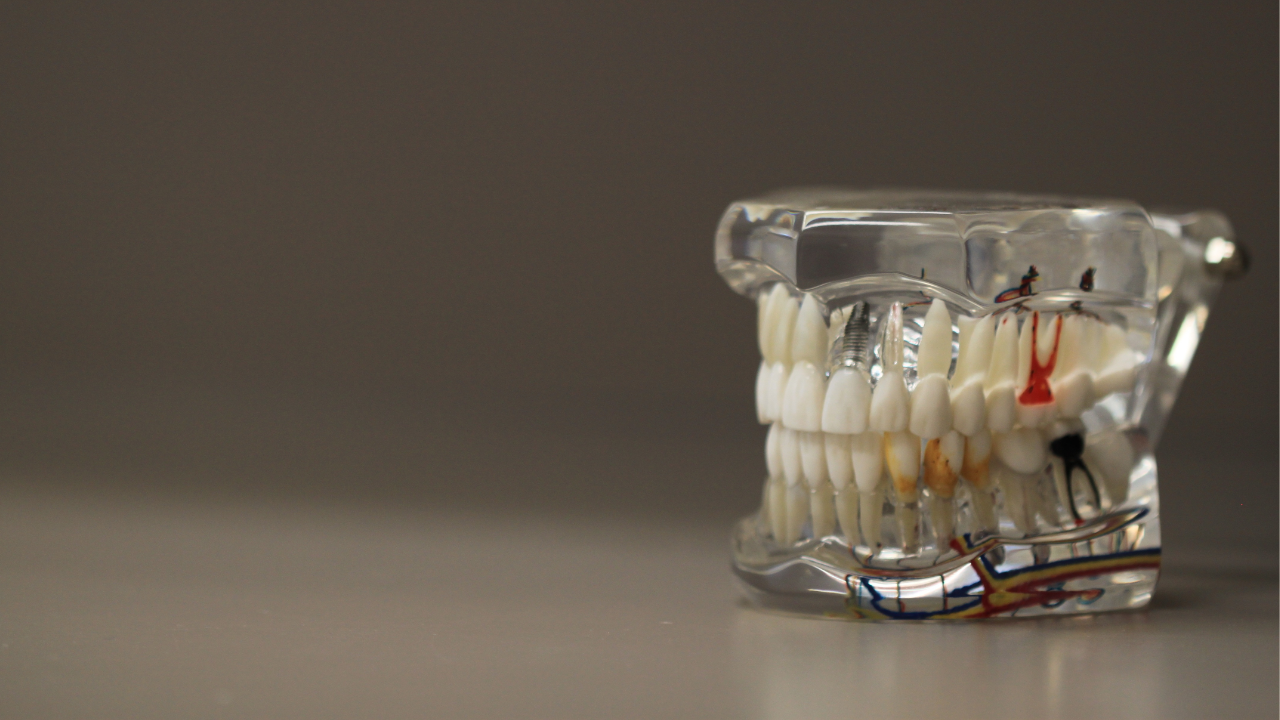
Many parents begin to notice that their children’s eating patterns, energy levels, and developmental signs shift noticeably when dental issues appear, and this observation often leads them to wonder whether oral health could truly influence a child’s overall growth in a deeper and more structural way that goes beyond simple tooth discomfort.
How does oral health influence physical growth?
Oral health influences physical growth through nutrition, chewing ability, and overall comfort. According to our editor’s research, children with dental pain often avoid harder foods that provide essential nutrients. This avoidance limits intake of proteins, minerals, and vitamins required for healthy development. Poor chewing also affects digestion because food enters the stomach in larger pieces. This reduces nutrient absorption and slows growth potential. Dentists frequently observe that untreated tooth decay limits eating enjoyment for many children. These limitations shift dietary preferences toward soft and less nutritious foods that lack developmental value. A child’s confidence during meals declines when chewing becomes painful or difficult. Healthy oral structures encourage balanced eating patterns and consistent growth.
Discomfort from dental issues may reduce appetite significantly. Children focus on avoiding pain rather than exploring new foods. As a result of our editor’s reviews, pediatric clinicians consistently note that dental discomfort influences daily calorie intake. Reduced intake weakens physical growth and overall stamina. Children may appear tired because their bodies receive fewer nutrients required for development. Parents sometimes notice slower weight gain and reduced enthusiasm for meals. These patterns highlight the importance of oral comfort in maintaining steady and healthy growth.
Why do dental problems reduce a child’s appetite?
Dental problems reduce a child’s appetite because chewing becomes painful and uncomfortable. Sensitive teeth react strongly to temperature changes. Cold foods or warm meals may trigger sharp sensations. This discomfort makes children more cautious during meals. According to our editor’s research, this pattern frequently appears in children with untreated decay. Pain signals distract them from the eating experience entirely. They prefer foods that require little chewing, which often lack nutritional value. Over time, this avoidance disrupts growth patterns and energy levels.
Gum inflammation also contributes to appetite loss. Swollen gums create pressure during chewing. Children may chew reluctantly or swallow food without proper breakdown. This reduces digestion efficiency and increases abdominal discomfort. As a result of our editor’s reviews, many pediatric dentists emphasize the relationship between gum condition and nutritional intake. Children with healthy gums usually show stronger appetite and interest in varied meals. Parents often see improvement quickly once inflammation resolves and chewing comfort returns.
What role does chewing efficiency play in growth?
Chewing efficiency plays a major role in growth because digestion begins in the mouth. Proper chewing breaks food into smaller, manageable pieces. This improves nutrient extraction in the stomach and intestines. According to our editor’s research, children with strong chewing ability absorb more nutrients per meal. Weak chewing forces the digestive system to work harder to process food. This slows nutrient absorption and reduces developmental benefits.
Chewing also supports jaw growth and facial muscle development. Children who avoid chewing hard foods may experience weaker jaw muscles. This influences facial structure and stability. As a result of our editor’s reviews, specialists suggest that insufficient chewing may limit natural jaw expansion. Balanced chewing habits support proper alignment and structural growth. When oral pain disrupts chewing, these developmental benefits weaken. Restoring comfort helps children regain normal chewing rhythm and growth potential.
How does oral health influence speech development?
Oral health influences speech development through tooth alignment, tongue movement, and gum stability. Proper tooth positioning helps children pronounce certain sounds clearly. Misaligned or missing teeth may alter airflow and sound formation. According to our editor’s research, speech specialists frequently evaluate dental structure during assessments. Children with chronic oral discomfort may avoid moving their tongues freely. This avoidance limits speech practice and delays clarity.
Gum health also affects tongue placement. Inflamed gums restrict comfortable speech movements. Children speak cautiously to avoid triggering discomfort. This disrupts natural language progress during early years. As a result of our editor’s reviews, dental assessments often accompany speech evaluations in developmental clinics. Healthy oral structures support confidence in speaking and faster language growth. Children communicate more effectively when oral comfort remains stable and predictable.
What nutritional consequences emerge from untreated dental issues?
Untreated dental issues reduce intake of iron-rich foods, fresh vegetables, and proteins. These foods require stronger chewing and create discomfort during oral pain. Children may avoid meats entirely because they feel difficult to manage. According to our editor’s research, this avoidance contributes to iron deficiency risks. Iron deficiency influences cognitive growth and energy levels. Children may appear tired or lose concentration easily.
Reduced vegetable intake limits fiber and vitamin C consumption. These nutrients support immune strength and tissue development. Poor intake weakens resistance to infections and slows healing. As a result of our editor’s reviews, pediatric dietitians highlight dental health as a core factor in dietary balance. Children with untreated dental issues often consume more sugary or soft processed foods. These foods worsen decay and complicate growth further. Early dental care strengthens both nutrition and developmental outcomes.
How do oral infections affect overall growth?
Oral infections affect overall growth by triggering inflammation throughout the body. Inflammation redirects energy toward fighting infection instead of supporting development. Children may appear fatigued or irritable during ongoing infection. According to our editor’s research, chronic inflammation influences hormone regulation. Growth hormones function less efficiently when the body prioritizes immune activity. This slows weight gain and physical expansion.
Infections may also reduce sleep quality due to discomfort. Poor sleep alters appetite, mood, and energy levels. As a result of our editor’s reviews, pediatricians emphasize that sleep disruption weakens developmental progress. Oral infections create a cycle of pain, poor eating, and disturbed sleep. This cycle impacts growth significantly if not addressed. Early treatment restores comfort and supports healthier growth patterns.
How does oral health influence emotional and social growth?
Oral health influences emotional growth by shaping confidence during social interactions. Children with visible dental issues may feel self-conscious around peers. They may avoid smiling or laughing to hide discomfort. According to our editor’s research, emotional hesitation often affects participation in school activities. Reduced participation influences social development and communication skills.
Pain during meals may also create stress around feeding routines. Children may associate eating with discomfort and resist family meals. As a result of our editor’s reviews, many clinicians note that positive eating experiences support emotional stability. Healthy oral structures allow children to enjoy meals with family. This strengthens bonding and supports social development. Confidence grows when children feel comfortable speaking and smiling.
What preventative habits support healthy growth through oral care?
Preventative habits include regular brushing, balanced diets, and routine dental visits. Brushing removes plaque and reduces decay risk. Balanced diets strengthen both teeth and overall development. According to our editor’s research, early dental checkups detect issues before they influence growth. Parents help children build habits that support strong oral foundations. These habits protect both dental health and developmental stability.
Limiting sugary snacks also reduces risk of early decay. Sugary foods weaken enamel and increase pain risks. Hydration supports saliva flow essential for oral balance. As a result of our editor’s reviews, specialists encourage small daily improvements. These improvements compound into strong long-term growth advantages. Preventative habits reduce complications and support healthy development.
How does early dental care support long-term growth?
Early dental care supports long-term growth by preventing chronic issues. Healthy teeth encourage strong eating habits and consistent nutrient intake. According to our editor’s research, early intervention resolves alignment problems before they affect chewing and speech. Children who receive timely care show stronger developmental progress. Dental comfort promotes positive daily routines and energy levels.
Early care also builds trust between families and healthcare providers. This trust encourages regular follow-up and healthy habits. As a result of our editor’s reviews, long-term success improves with consistent care. Children adapt better when dental comfort remains reliable. This stability supports both physical and emotional growth throughout childhood.
Key insights about oral health and growth
Oral health influences nutritional balance, chewing efficiency, speech clarity, and emotional well-being. According to our editor’s research, children with healthy mouths demonstrate stronger growth patterns and higher energy. Small oral issues may create large developmental impacts when ignored. Early treatment, balanced diets, and preventative habits support healthier outcomes. Parents play a vital role in maintaining these routines and protecting overall growth. Healthy oral habits create a strong foundation for lifelong well-being.
